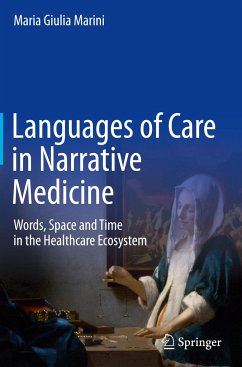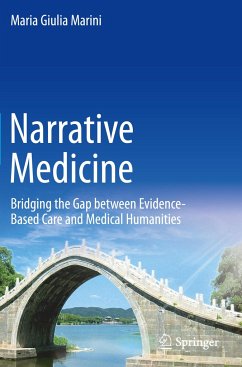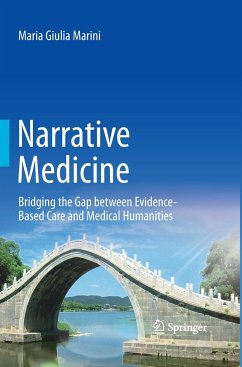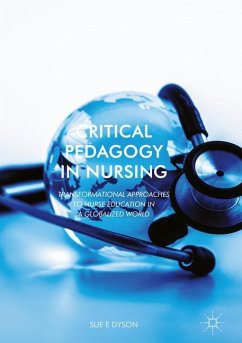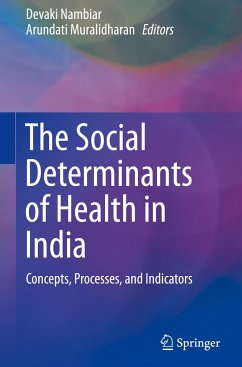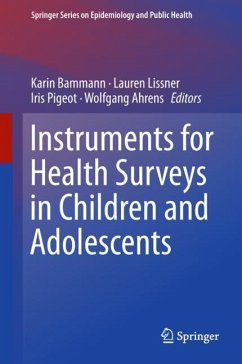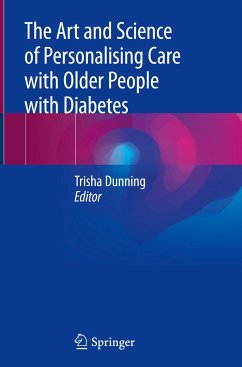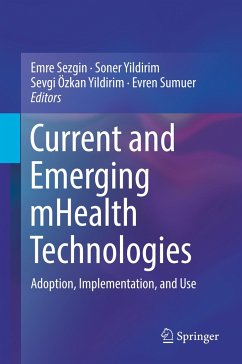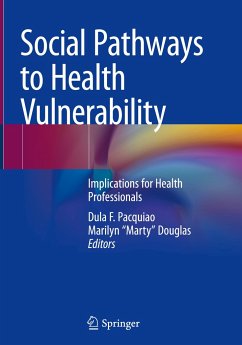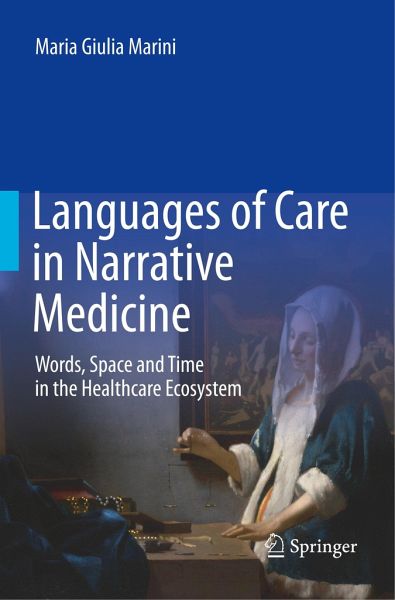
Languages of Care in Narrative Medicine
Words, Space and Time in the Healthcare Ecosystem
Versandkostenfrei!
Versandfertig in 6-10 Tagen
91,99 €
inkl. MwSt.
Weitere Ausgaben:

PAYBACK Punkte
46 °P sammeln!
This book explains how narrative medicine can improve evidence based medicine (EBM), making it more effective and efficient, giving patients better quality of life and offering more satisfaction to all health care providers.It discusses not only the disease experienced by the person who is ill, but also focuses on the context and the culture, and investigates how narrative medicine can make other disciplines around the globe more applicable, less manipulative, and more "scientific". Only by integrating the narrative aspects, can EBM become more effective and efficient, with fewer uncured patie...
This book explains how narrative medicine can improve evidence based medicine (EBM), making it more effective and efficient, giving patients better quality of life and offering more satisfaction to all health care providers.
It discusses not only the disease experienced by the person who is ill, but also focuses on the context and the culture, and investigates how narrative medicine can make other disciplines around the globe more applicable, less manipulative, and more "scientific". Only by integrating the narrative aspects, can EBM become more effective and efficient, with fewer uncured patients, more satisfied patients with a better quality of life, and satisfaction for all health care providers.
Every chapter is divided into two main sections: the first presents the latest research in the field, with comments and interviews with experts, while the second section provides a list of practical exercises and tasks.
The book is intended for anyone with an interest in caring for and curing patients: all care providers of care, physicians, general practitioners, specialists nurses, psychotherapists, counselors, social workers, providers of aid, healthcare managers, scientific societies, academics and researchers.
It discusses not only the disease experienced by the person who is ill, but also focuses on the context and the culture, and investigates how narrative medicine can make other disciplines around the globe more applicable, less manipulative, and more "scientific". Only by integrating the narrative aspects, can EBM become more effective and efficient, with fewer uncured patients, more satisfied patients with a better quality of life, and satisfaction for all health care providers.
Every chapter is divided into two main sections: the first presents the latest research in the field, with comments and interviews with experts, while the second section provides a list of practical exercises and tasks.
The book is intended for anyone with an interest in caring for and curing patients: all care providers of care, physicians, general practitioners, specialists nurses, psychotherapists, counselors, social workers, providers of aid, healthcare managers, scientific societies, academics and researchers.



